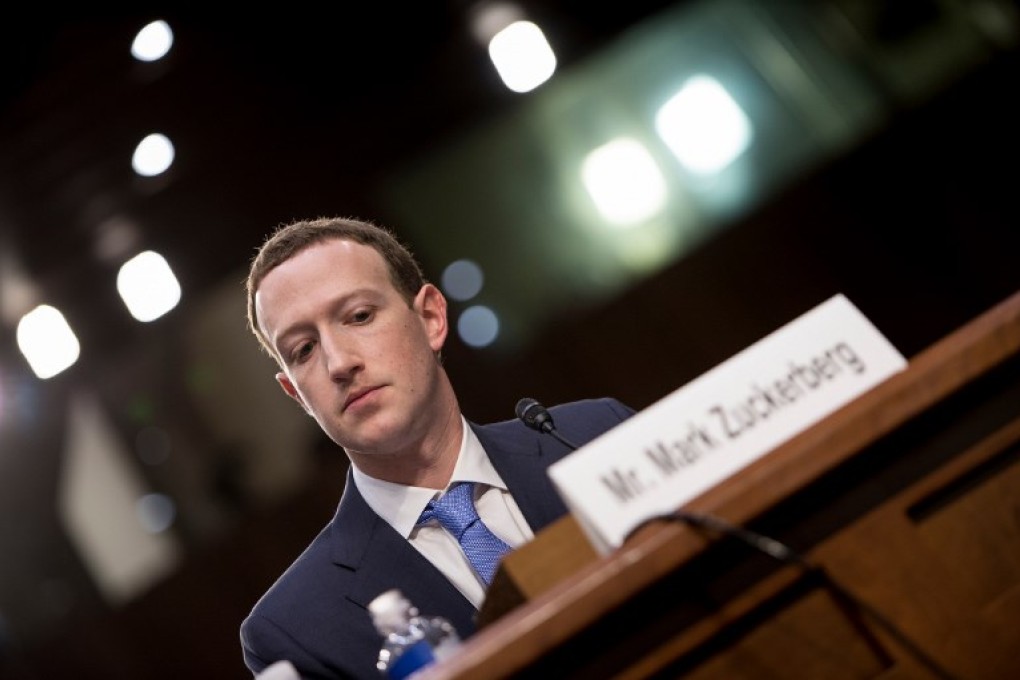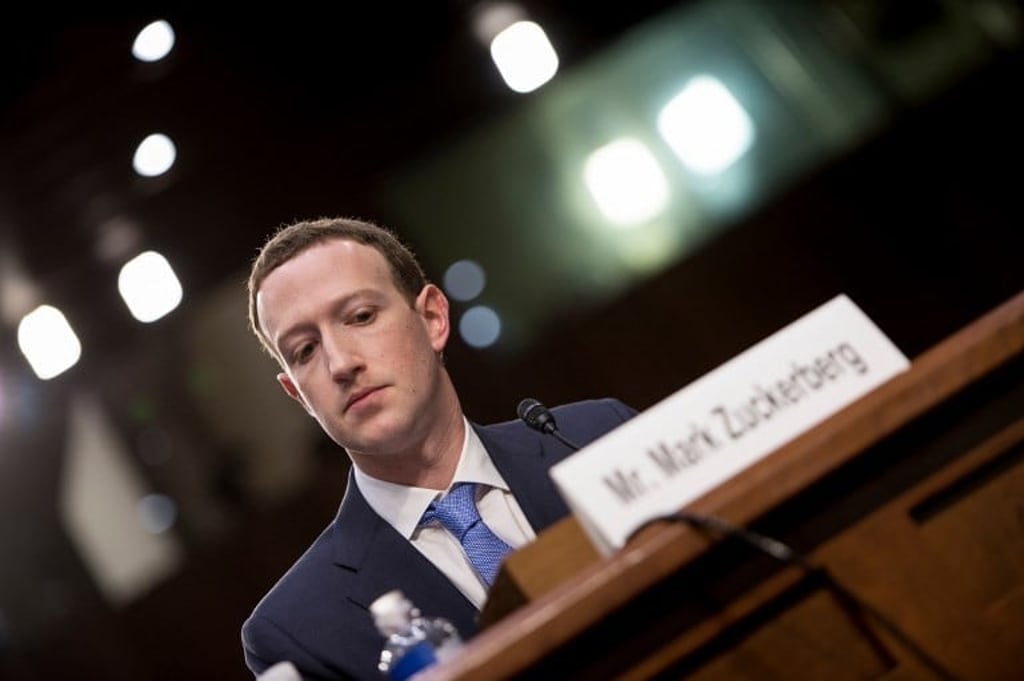What Facebook and Toutiao’s troubles say about the US and China
A tech company in the US and another in China both face the heat this week -- with very different repercussions

When Facebook’s Mark Zuckerberg, clad in a suit and tie, began his congressional hearing in Washington on Tuesday, one fundamental question hung in the air: How can internet giants be held accountable?

And so the cycle repeats: Throw stuff at the wall, cause an uproar, then apologize and move on. That led US lawmakers to question whether it’d be any different this time.
“We’ve seen the apology tours before,” said Senator Richard Blumenthal. “My reservation about your testimony today is that I don’t see how you can change your business model unless there are specific rules of the road.”
Zuckerberg’s appearance in front of Congress was a uniquely American scene that simply would not happen in China. Beijing would not call a tech CEO to answer questions in front of the press. It would simply tell it to clean up its act -- and punish offending sites directly.